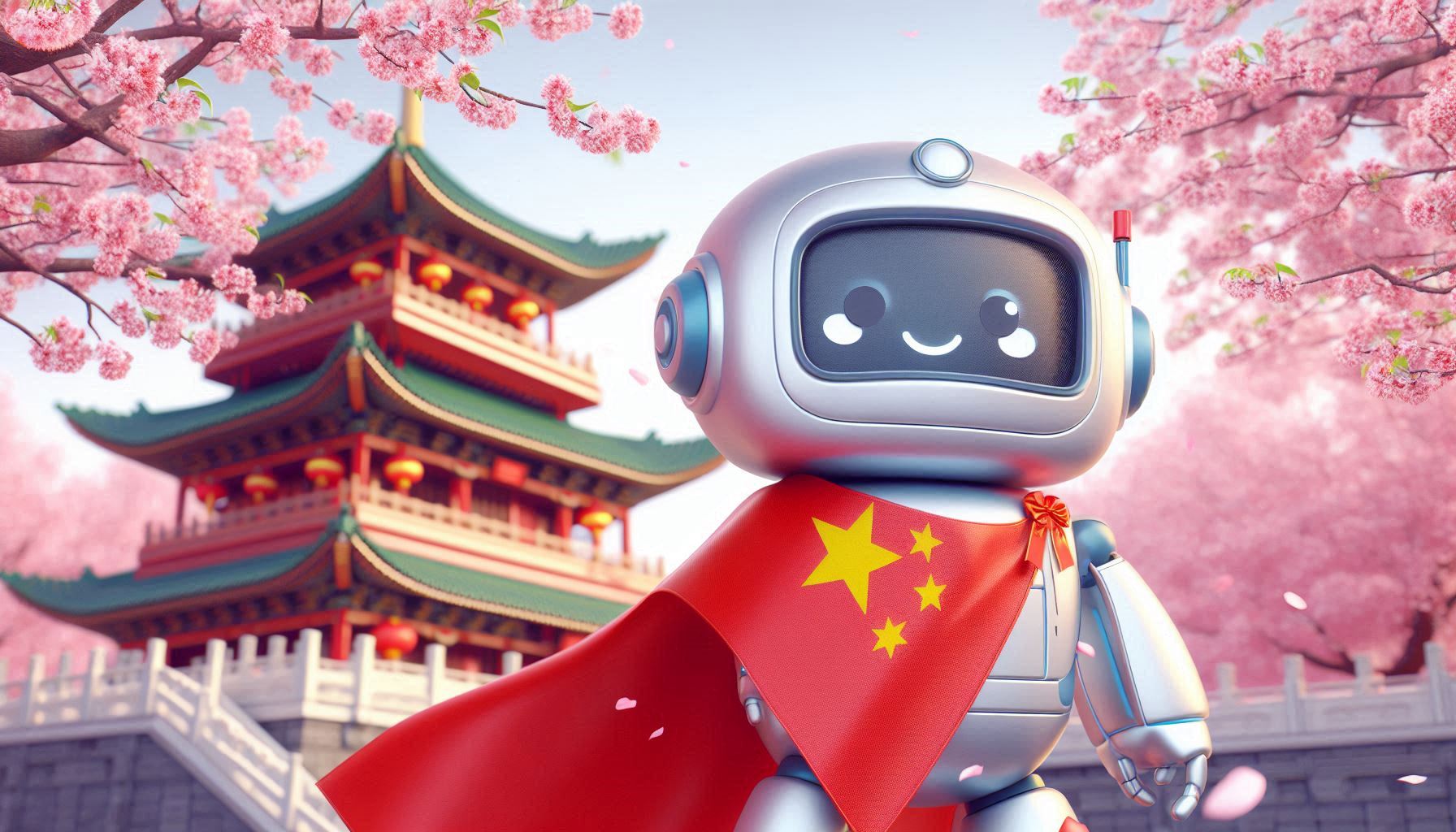 AI
AI
 AI
AI
 AI
AI
Data from the United Nations shows that China is far ahead of any other country in terms of generative artificial intelligence inventions, having filed six times as many patents as the U.S.
The World Intellectual Property Organization, which operates a global system for countries to share recognition of patents, said in a report that more than 50,000 patent applications relating to generative AI were filed in the last decade. Generative AI models are AI systems that can produce text, audio, images, compute code and even music.
The number of generative AI patent applications accelerated over the last year, too. According to the report, a quarter of those 50,000 applications were filed in 2023.
WIPO Patent Analytics Manager Christopher Harrison told Reuters that generative AI is a “booming area” that’s growing at “increasing speed” and likely to grow even more.
Of the 50,000-plus patent applications received by WIPO between 2014 and 2023, more than 38,000 came from Chinese individuals or organizations. By comparison, the U.S. accounted for just 6,276 generative AI patents in that timeframe.
The Chinese patent applications cover a broad range of generative AI applications, ranging from publishing to document management and autonomous driving, WIPO said.
The U.S. was ranked second, while South Korea, Japan and India rounded out the top five, with patent applications from India growing at the fastest rate.
One of the most active organizations in terms of patent applications was the Chinese company ByteDance Ltd., which owns the video sharing app TikTok. The e-commerce giant Alibaba Group Ltd. was the second-most active, while Microsoft Corp., the main backer of ChatGPT creator OpenAI, was third.
Harrison explained that though generative AI chatbots hit the headlines for their ability to converse like humans, the technology has the potential to transform industries such as publishing, science, security and transportation. “The patent data suggests this is an area that is going to have a profound impact across many different industrial sectors going forward,” he added.
The data suggests that China might have a substantial lead over the U.S. in the generative AI development industry, but it doesn’t tell the whole story, experts said.
Holger Mueller of Constellation Research Inc. said that WIPO’s numbers might be misleading, because including patents that date all the way back to 2014 is likely too early for “true generative AI”, which only really began making headlines in 2022 with the debut of ChatGPT. “More important than the number of patent applications is the applicability and realization of those patents in commercial products,” he added.
Nestor Maslej, a research manager at Stanford University’s Institute for Human-Centered Artificial Intelligence, agreed with that assessment, telling the Associated Press that it’s necessary to look at the actual innovations, rather than the number of patents.
“When you look at AI vibrancy, a very important question is who’s releasing the best models, where are those models coming from and, at least by that metric, it seems like the United States is really far ahead,” Maslej said.
The WIPO data shows that 61 notable machine learning models were published by U.S.-based institutions last year, outpacing both China, with 15, and the European Union, which published 21. Within the EU, France led the way with eight.
In addition, the U.S. also leads the way in so-called AI foundation models, or large language models such as OpenAI’s GPT-4o, Anthropic PBC’s Claude, Google LLC’s Gemini and Meta Platforms Inc.’s Llama 3. LLMs are significantly larger than standard AI models, trained on enormous datasets and capable of performing multiple kinds of tasks.
The U.S. also dwarfs China in terms of private AI investments and newly-formed AI startups, though China has the edge in industrial robotics.
WIPO believes that we’re still in the early days of generative AI innovation, and said it expects a much larger wave of patent applications to be filed over the next year.
Support our mission to keep content open and free by engaging with theCUBE community. Join theCUBE’s Alumni Trust Network, where technology leaders connect, share intelligence and create opportunities.
Founded by tech visionaries John Furrier and Dave Vellante, SiliconANGLE Media has built a dynamic ecosystem of industry-leading digital media brands that reach 15+ million elite tech professionals. Our new proprietary theCUBE AI Video Cloud is breaking ground in audience interaction, leveraging theCUBEai.com neural network to help technology companies make data-driven decisions and stay at the forefront of industry conversations.